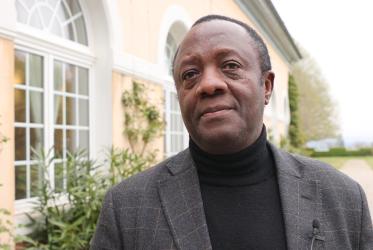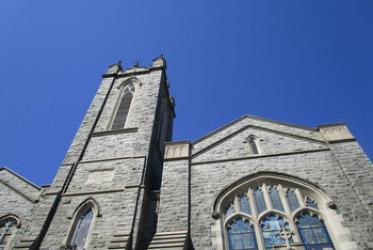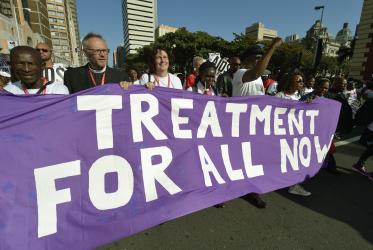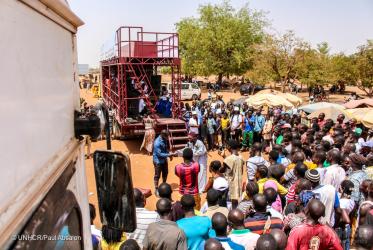Displaying 1 - 20 of 43
Tveit speaks on Partnership to End Violence Against Children
15 February 2018
In Argentina, stirring journey for human rights continues
01 September 2017
Church leaders unite their voices against modern slavery
09 February 2017
WCC, LWF host recipients of Right Livelihood Award
02 November 2016
AIDS 2016: Coverage of faith response to HIV
22 July 2016
God’s forgotten children
20 June 2016











